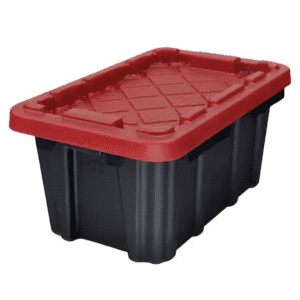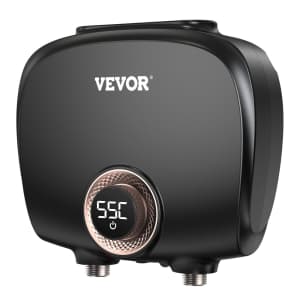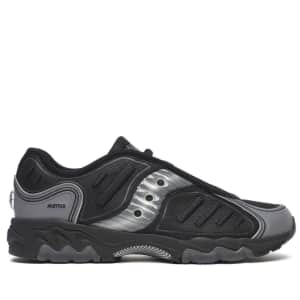
It's $17 off and the lowest price it's been. (You'd pay $7 more elsewhere.) Buy Now at Amazon
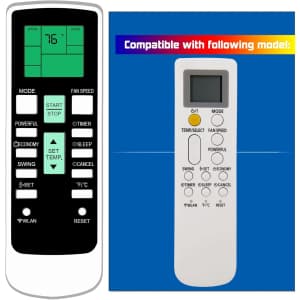
Here you'll find a bunch of cheap clearance items priced at $2 or less as part of Amazon Haul's $2 Flash Deals Sale. Shipping is free on Amazon Haul orders of $25 or more. Buy Now at Amazon
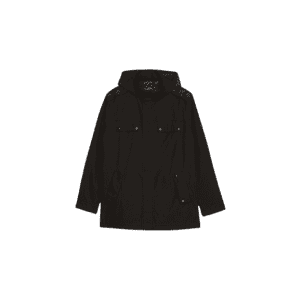
Save $180 when you add this coat to your cart. Shipping adds $5, but Rewards members get free shipping with orders of $50 or more. (It's free to join, and free shipping applies to your cart total before any extra discounts.) Buy Now at Banana Republic Factory
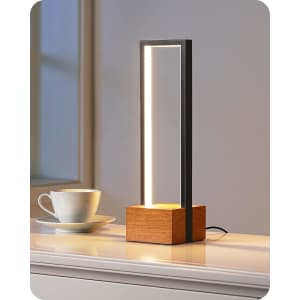
It's the best price that Amazon has charged for this lamp. Buy Now at Amazon
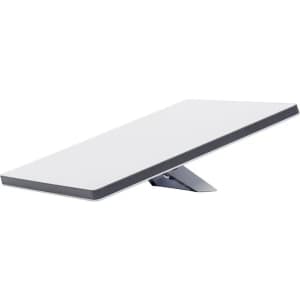
It's $300 off, $30 under our December mention, and the lowest price we've seen. Buy Now at Best Buy
- 2.4GHz, 5.0GHz frequency band
- Model: 6589861

Buy your ticket by January 22 to save on a range of flights between January 28 and March 13. One-way flights start at $19 for Discount Den members (or $29 for non-members). Buy Now at Frontier Airlines

Add it to your cart to drop it to the best price that Amazon has charged. Buy Now at Amazon

It's your last chance to save 20% on the Plaud NotePin AI Note Taker before it's gone with this limited Back to Work offer dropping it from $159 to $127.20 with free shipping. Buy Now at Plaud.ai
- Advanced AI transcription and summarization.
- Wearable and offers up to 20 hours of continuous recording.
- Multimodal input.

Shop hundreds of refurbished iPhones from around $100. We've pictured the Refurbished Unlocked 2nd-Generation iPhone SE 64GB Smartphone for $119.30. Buy Now at Amazon
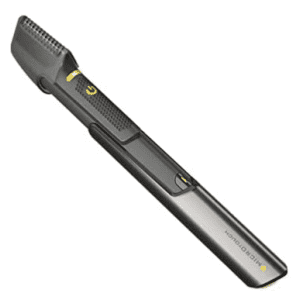
It's the best price we could find by $10. Buy Now at Woot! An Amazon Company

Use promo code "VIPOUTLET2026" to drop it to the best price we've seen in any condition. Buy Now at eBay
- no need for pairing or charging
- folds to create a cover
- compatible with 10.5" iPad Pro, 7th, 8th, and 9th Gen iPad, and 3rd Gen. iPad Air
- Model: MX3L2LL/A
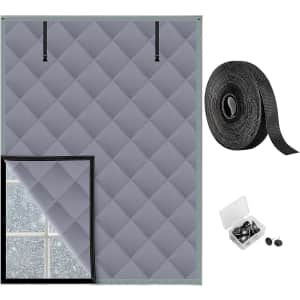
That's $5 off and the lowest price it's been. Buy Now at Amazon

That's a savings of $122. Buy Now at Amazon
- Includes 12 x Spray Foam Can, Cleaner, Pro X Gun, and Safety Gear
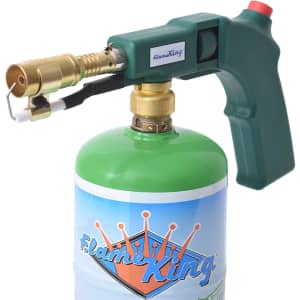
Save $13 off list price. Buy Now at Amazon
- 27,000 BTU output
- flame control valve
- compatible with standard 1-lb. propane cylinders
- Model: YSNAX1-085
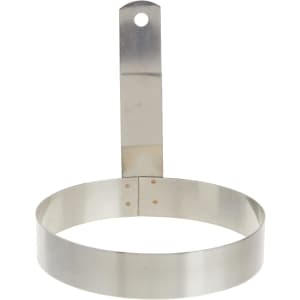
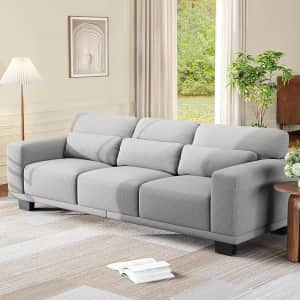
Apply coupon code "WFRVBG8Z" for a savings of $111. Buy Now at Amazon
- 89" wide, 31.5" deep
- Removable, washable covers
- Wide armrests for storage
- Easy 15-minute assembly
- Supports up to 900 lbs

You'll not only a trade-in discount and the $100 gift card, but also open-box discounted options. Buy Now at Best Buy

That's around $6 per bottle for this curated case, featuring bottles from California, Bordeaux, Chile, and more. Buy Now at Splash Wines

It's $90 off list and the lowest price we could find. Use coupon code "NEWS24" to get free shipping. Buy Now at 32 Degrees

It's half of what it's usually listed at. Buy Now at Amazon

Clip the $450 off coupon on the page and apply code "ZL93P5H8" to save 20% on all the options. Buy Now at Amazon
- Modular Design
- No Assembly Required
- High-Resilience Foam Cushions
- Soft Corduroy Fabric

That's a low by a buck. Buy Now at Amazon

That's the best price we could find by $5. Buy Now at Amazon
- measures 16" x 1" x 48"
- Model: CF1

Add two to cart and pay $13 less than other stores charge. Import charges of 84-cents and a 14-cent payment processing fee may apply.
New Alibaba customers get free shipping; otherwise, it starts at around $17. Buy Now at Alibaba

Checkout via the Subscribe & Save option to snag this 4-pack of chisel-tip Sharpies for a whopping 77% discount, making each marker just $0.77 after the savings. This could be a pricing error, so snag them quickly if you want them! The price is likely to change or the product to sell out soon. Buy Now at Amazon

If you're a cinephile, you're likely frustrated with the limited options to be found on Prime, Netflix, or any of the other streaming services; particularly for pre 1980 releases. Well perhaps there's something for you here and without any of the laborsome costs of physical copies or rentals. Just the inconvenience of ads. Shop Now at YouTube

Eco-Worthy US via eBay offers the Eco-Worthy 30.72kWh 48V 100AH Server Rack Lithium Battery 6-Pack with Monitor and Off-Grid Inverter for $4,949.99 (reduced from $5,299.99) with free shipping via coupon code "NEWFAVE15". Buy Now at eBay
- wireless connectivity and smart monitoring
- fits standard 3U cabinets
- durable full-metal shell and a 100A BMS that provides multiple layers of protection

Use stacking coupon codes "EXTRA15" and "UA15" to get this price. It's $82 under list and an amazing price for a tactical boot with these specs from this brand. Buy Now at Under Armour

It's the best price we found by $110. Buy Now at eBay
- 5' high console
- Galaga + 13 additional classic games
- Model: GAL-A-305427

Apply coupon code "RHVDJZ2A" for a savings of $11. Buy Now at Amazon
- Ultra-fine fiber fabric
- Anti-odor and moisture-wicking
- Warm, breathable, and lightweight
- Multiple wearing styles
- High elasticity

Save 74% off the list price. Star Rewards get free shipping (it's free to join). Pickup is also available. Buy Now at Macy's

They're available in burgundy at this price. Perfect Fit Rewards members get free shipping on all orders (it's free to join). You can get them in dark green here for $19.99. Buy Now at Men's Wearhouse
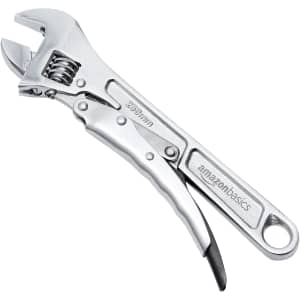
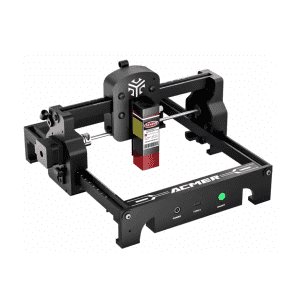
Apply promo code "USBS08" to save $264. This coupon code is valid through January 23, 2026. Buy Now at AliExpress
- 455±5nm laser wave length

Save $11.98 compared to the list price on this 6 pack of collectible LEGO F1 race cars. Buy Now at Amazon
- Includes 6 F1 car sets
- Random car assortment
- Authentic F1 team colors
- 174 piece set
- Suitable for ages 6 and up
- Model: 66796

Mix and match over 100 PINK panties at Victoria's Secret to get this deal. If you opt for less pairs, prices start as low as $4.99. Victoria's Secret Rewards members get free shipping with orders of $50 or more, and it's free to join. Buy Now at Victoria's Secret
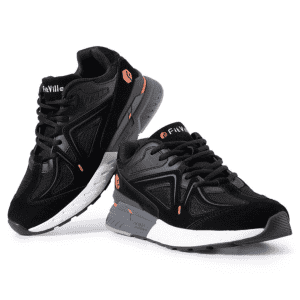
FitVille offers the FitVille Men's Rebound Core V1 Shoes for $35 (reduced from $79) via coupon code "RC55" with free shipping. Buy Now at FitVille
- U-shaped heel-hugging insoles
- slip resistance
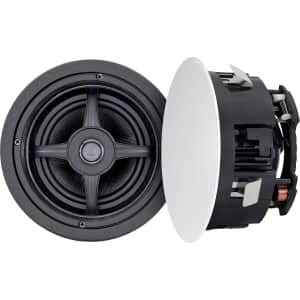
It's $570 off list and the best deal we could find. Buy Now at Best Buy
- Handles up to 125W input power
- 6-1/2
- Glass fiber cone woofer
- Pivoting silk-dome tweeter
- 45Hz - 20kHz frequency response
- Paintable perforated steel grille

This new 4.5-star resort features kids- and teen's clubs, family suites, water slides and splash zones, and more. Book this travel deal by January 31.
Satisfy your wanderlust - and your wallet - by taking a look at all our top travel deals. Buy Now at All Inclusive Outlet

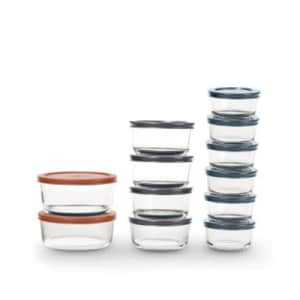
Save 65% off the list price. Star Rewards members get free shipping with orders of $25 or more (it's free to join). Pickup is also available. Buy Now at Macy's

Save 70% off the list price. Star Rewards get free shipping (it's free to join). Pickup is also available. Buy Now at Macy's
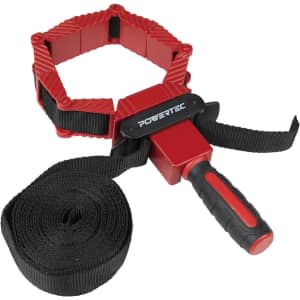
Clip the on-page coupon for a $5 savings. Buy Now at Amazon
- 13-ft. band
- for square, round, rectangular, and irregular-shaped workpieces
- Model: 71122V
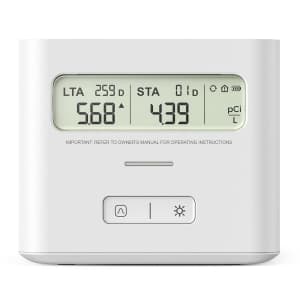
That's a savings of $23. Buy Now at Amazon
- Monitors radon levels continuously
- Accurate readings with LCD display
- Up to 24-month battery life
- No installation or lab fees required
- Easily portable and resettable
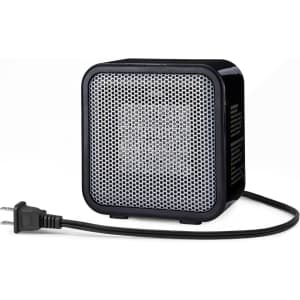
It's available in several colors (Black pictured) at $4 less than what it's usually listed at. Buy Now at Amazon

Save $25 on this 1-year subscription, offering you ad-free learning with unlimited hearts, offline lessions, personalized practice, and more. Note that this offer is eligible for users without an active paid subscription; if you do, wait for it to expire before redeeming this deal.
Take a look at all our Duolingo Promo Codes for more savings and deals. Buy Now at StackSocial
How Much Can I Save on the Hottest Deals?
The average savings can vary wildly day by day, but we regularly see discounts of anywhere from 15% to 96% off. The biggest discounts usually pop up for holidays, such as these Early Prime Day Deals. Thanks to coupon codes giving extra discounts, we'll regularly see shoes and apparel from the biggest brands like Nike, adidas, and New Balance at over 50% off. If you're looking for tools or home improvement, we see deals from stores like Home Depot and Lowe's that take up to 70% off. Plus, if something's at its best-ever price, or close to it, or is just something we think is extra neat, you'll probably find it on our Staff Picks page.
How Often Are the Hottest Deals Updated?
Around the clock! An international team of highly-trained deal jockeys is constantly scouring Amazon, Walmart, Best Buy, Target, and any other store you care to name, seeking out the latest and greatest deals for you to peruse. From daily deals and doorbusters to niche finds and off-the-wall offers, our pages are always being updated with something new and interesting and discounted.
